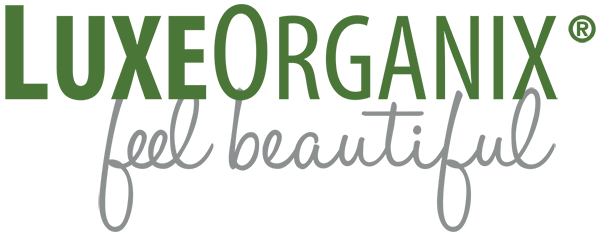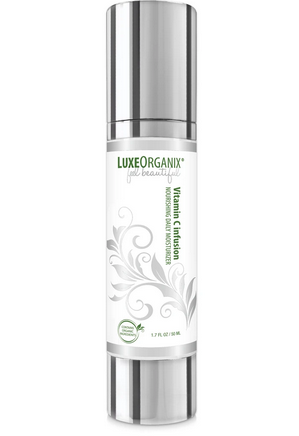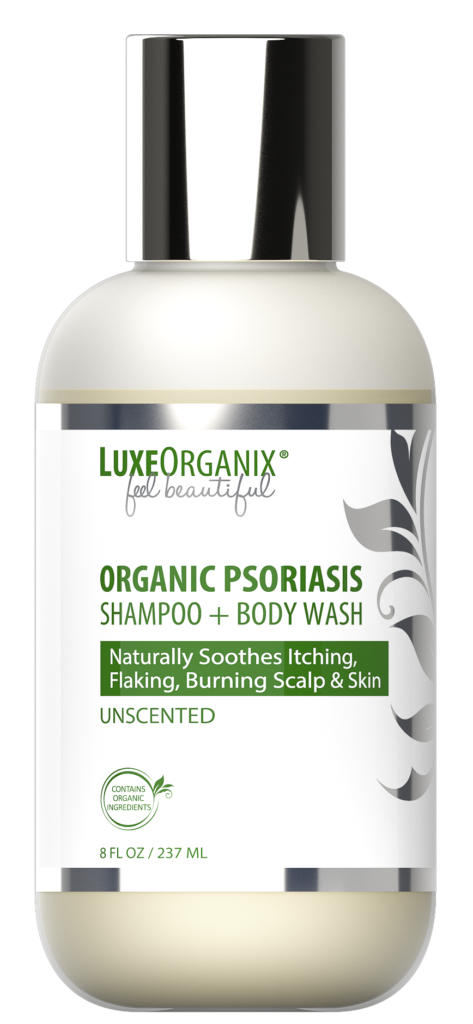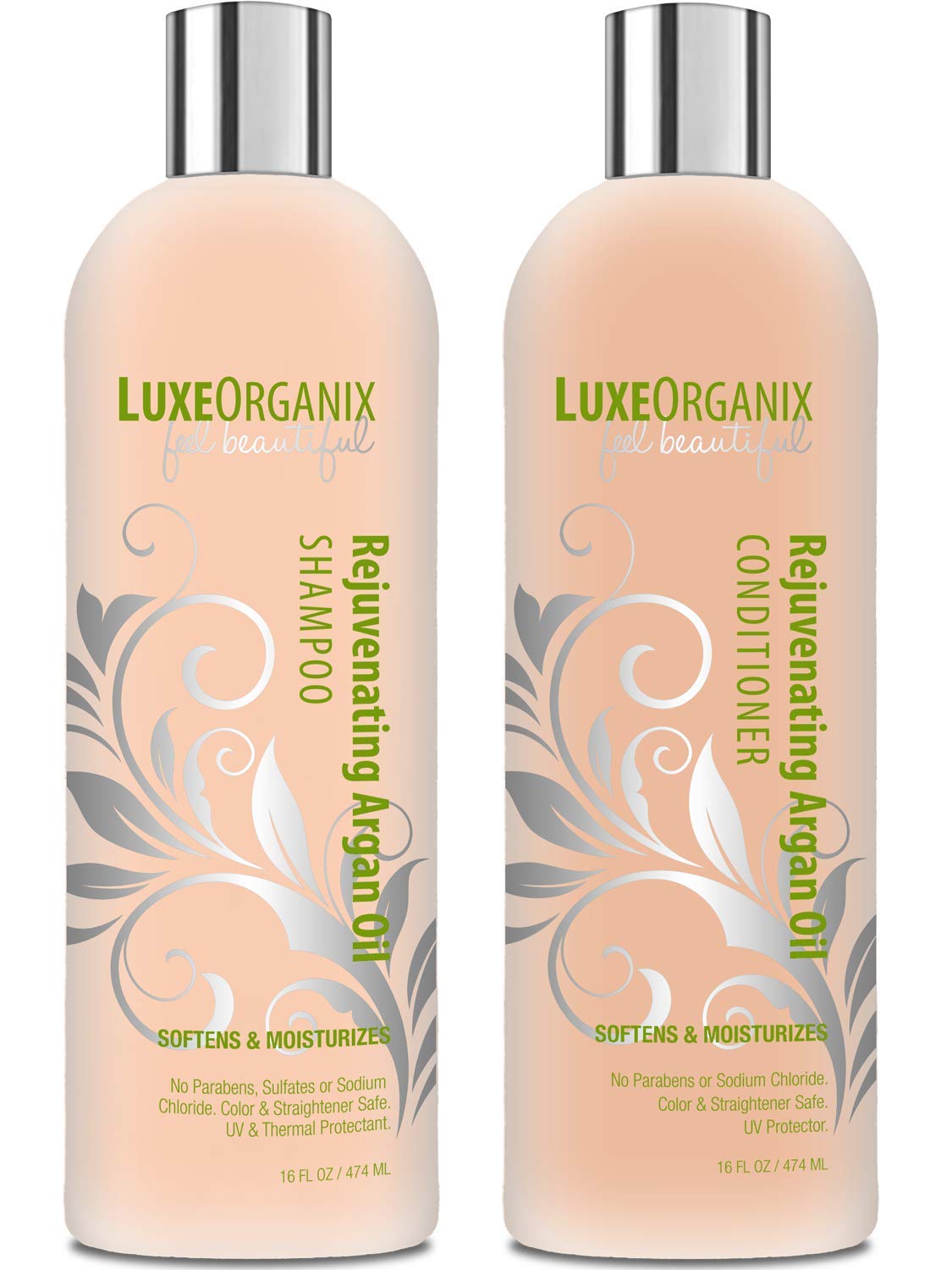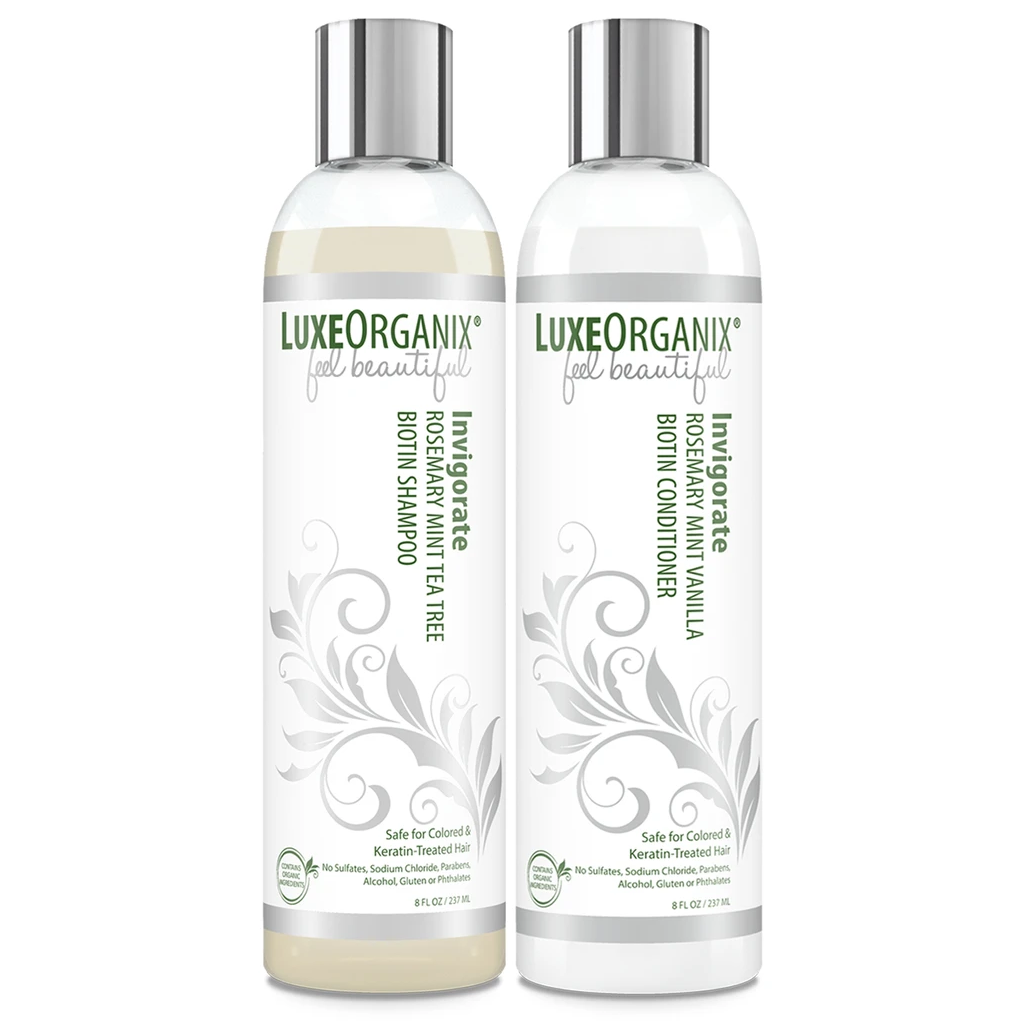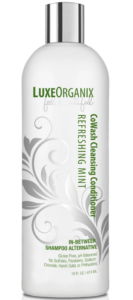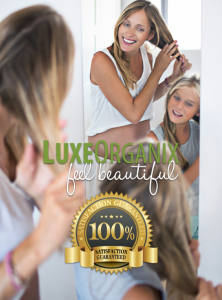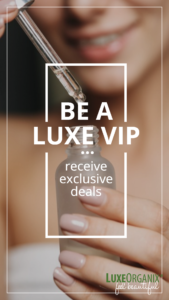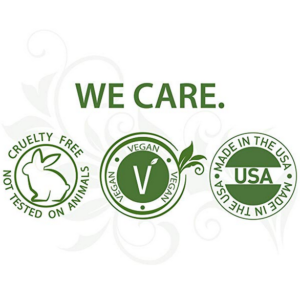Your Mom has probably said it hundreds of times, “Jean, take your vitamins… and don’t forget the Panthenol.”
(Panthenol? Is that even a vitamin?)
Panthenol is a natural pro-vitamin, which is a substance that converts to a vitamin once it’s absorbed by your body. In the case of Panthenol, it converts to vitamin B5.
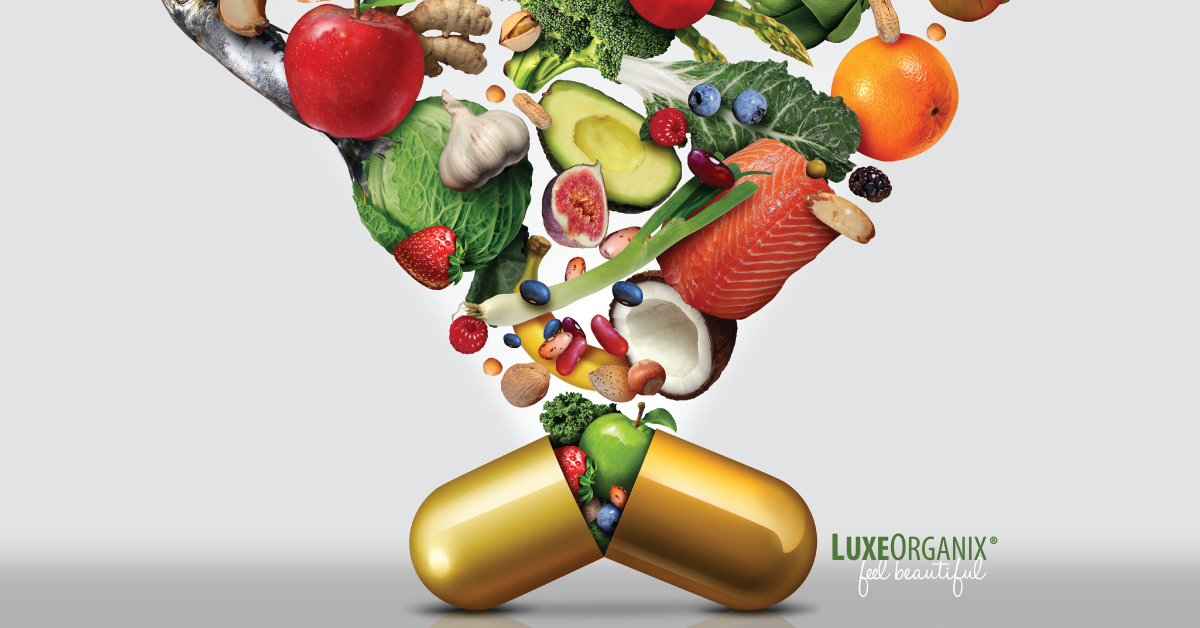
Vitamin B5, also called pantothenic acid, is one of the most important vitamins in your body. It helps convert the food you eat (fats, proteins, and carbohydrates) into energy. It’s also used by your body to produce red blood cells, promote healthy hair and skin, aid digestion, and create hormones. Some of its amazing benefits include:
- Anti-inflammatory: Panthenol has an anti-inflammatory effect and reduces the redness and swelling caused by sun exposure, rash, poison ivy, insect bites, dryness, and eczema.
- Improves hydration: Panthenol penetrates the lower skin layers bringing water to the cells, and helps strengthen the skin’s barrier so the moisture is locked in.
- Protects hair: Panthenol protects your hair from styling or environmental damage by locking in moisture. It also improves hair shine, softness, and strength
- Helps heal wounds: The same cells that boost the skin’s barrier are important for healing wounds, this is why panthenol is often used for minor skin sores and conditions.
What does all of this mean to you?
For Your Skin
Panthenol attracts water from the atmosphere and binds with it, promoting water retention. Panthenol easily penetrates your skin, bringing that hydration to your skin’s deep layers. This helps improve elasticity and promotes cell regeneration. It also stimulates the cells that form the skin’s barrier. This minimizes water loss due to evaporation. These ultra-hydrating properties combined with Panthenol’s anti-inflammatory properties make it ideal for soothing insect bites, poison ivy, diaper rashes, and eczema.
Studies are still underway, but Panthenol is proving to be a superstar at clearing acne, too. It’s thought that because Vitamin B5 increases coenzyme A (CoA), which is important in lipid (fat) metabolism and other cellular processes, it’s able to keep your facial pores clear. But it could be because Vitamin B5 helps your body deal with (reduce) stress, and stress is a frequent trigger of acne.
(We don’t think it matters HOW Panthenol helps clear acne, we’re just excited that it does!)
For Your Hair
Your scalp enjoys the same benefits from panthenol as your skin. Panthenol’s anti-irritant and anti-inflammatory properties hydrate your scalp and soothe irritation. Keeping moisture locked in may also help reduce itchy, dry scalp, and dandruff.
With your hair, after this pro-vitamin penetrates the hair cuticle, it promotes moisture retention and provides volume in the hair shaft. It has a similar action as in your skin, where it can penetrate deeply and lock in moisture. This creates a smooth hair strand, which makes your hair shine, prevents tangles, and protects strands from styling and environmental damage. It may also help to slow thinning of your hair.

To re-cap the benefits, panthenol moisturizes your skin and hair, leaving your skin soft and your hair shiny and tangle-free. It also helps protect both by building up the protective barrier and regenerating cells.
We’re often asked why we use panthenol in our products… Why wouldn’t we? We think it’s the perfect ingredient for younger-looking skin and more beautiful hair!
Where You Can Find It
We use Panthenol in our Vitamin C Infusion Nourishing Daily Face Moisturizer, Bond Integrity Protein Hair Treatment, Organic Psoriasis Shampoo + Body Wash, Moroccan Argan Oil Shampoo & Conditioner, Invigorate Biotin Shampoo and Conditioner Set, and CoWash Cleansing Conditioner.
Like What You Just Read?
In case you were wondering, the following products were mentioned in this blog post.
